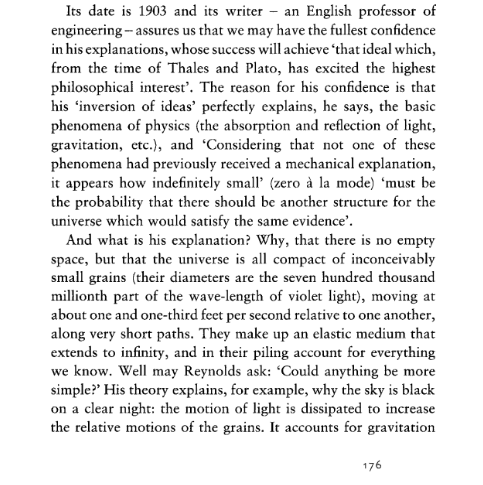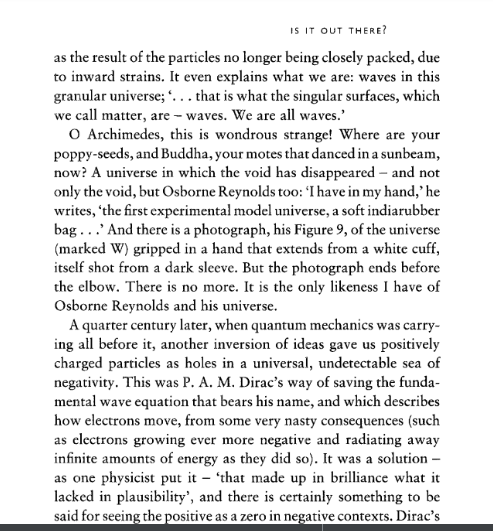This book is by Ian Stewart. No, not the 3rd baseman who played for the Rockies and the Cubs about 15 years ago, this Ian Stewart is a Professor of Mathematics at the University of Warwick.
Thus, the book has a British focus, and some of his examples are based in the UK, but that is ok.
The subtitle is the Mathematics of Uncertainty. The title is a play on the statement by Einstein, “God does not play dice with the universe.” While god may or may not play dice, do dice ever play god?
Ian says that there are six ages of uncertainty, and he does not cover them in the order that they were found for various reasons. Chaos theory was discussed out of order from when it was found by humans.
- The first age of uncertainty involved gods, prophets, fortune tellers, seers, and the like. They could try to predict the future. They could supposedly explain what was going on in the world.
- The second age of uncertainty came about during the scientific advances in the 1500-1700s. This is when Newton’s laws defined how gravity works, and it explained how we could predict where the planets will be in the future. If we could predict the movements of planets, would it be possible to predict everything, including human behavior?
- The third age came with greater understanding of mathematics and probability. Gamblers, astronomers, mathematicians, and many others would like to know the odds of a future event happening.
- The fourth age came with quantum mechanics, and our understanding of never really knowing the location or the momentum of atomic and subatomic particles. These ideas took off in the early 1900s.
- The fifth age is when chaos theory was developed.
- The sixth age is our current situation. He said that it is “characterized by the realisation that uncertainty comes in many forms, each being comprehensible to some extent.” (page 10.) Mathematics can help us understand the universe a fair bit, but much of the world and the universe is “still horribly uncertain.” For example, we are better at predicting the weather about 5-7 days out, but predicting the weather 10-14 days out is still a crap shoot. Predicting climate change is different matter.
One thing I found fascinating was an oil droplet experiment that made teeny oil droplets behave like both waves and particles. This made Newtonian sized objects behave more like atomic particles. (See pages 233-235.) I had not heard of this experiment since I left physics back in the 1980s. But, it looks like that has been debunked as of 2018. Oh well.
Overall, I enjoyed the book, and I found it interesting. It would probably be best for people who have already had some college-level math or physics.

